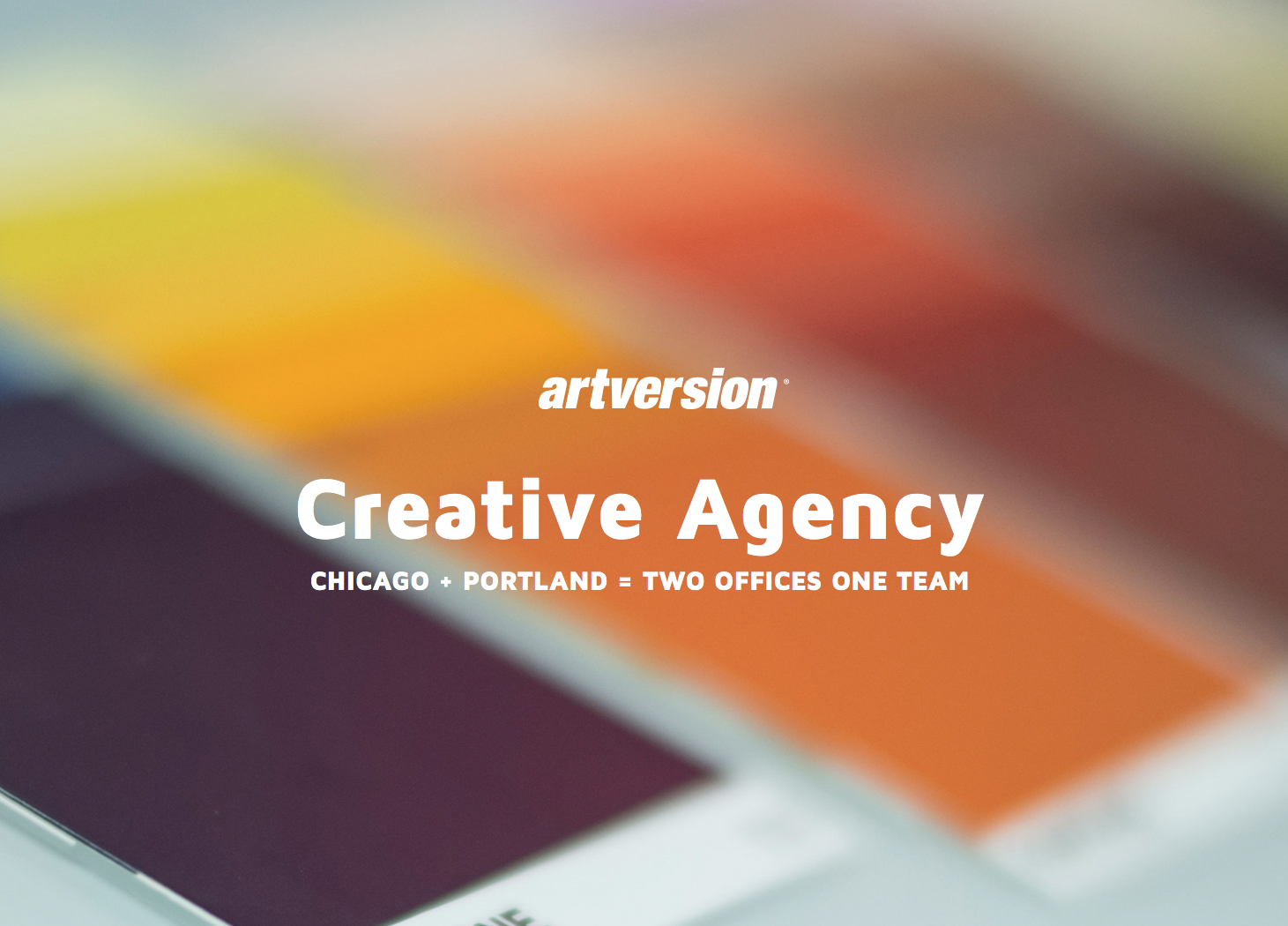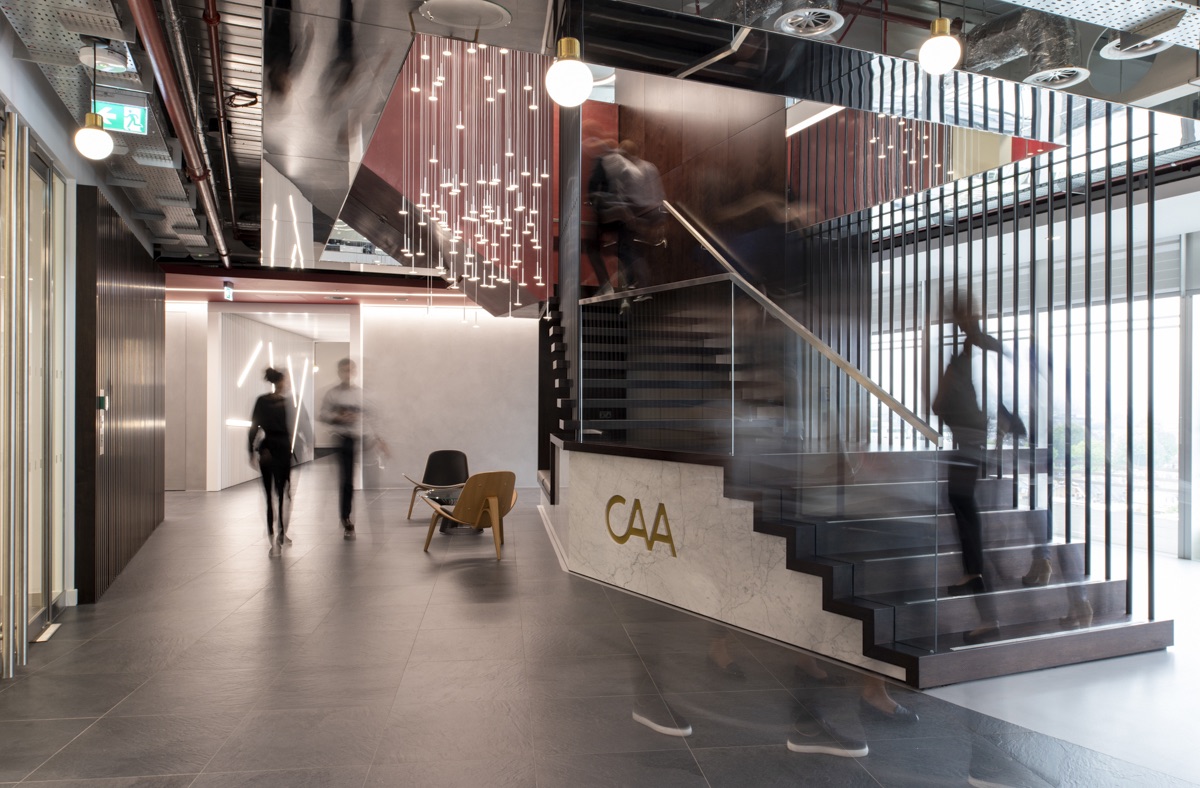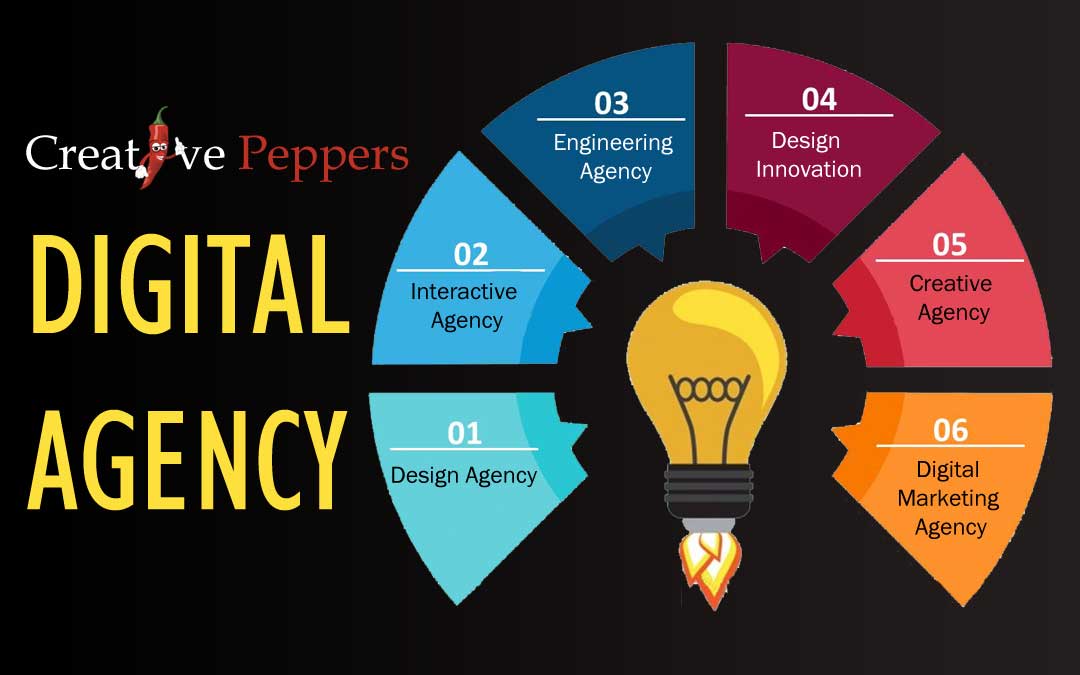What is a creative agency? It’s a hub of imagination, a catalyst for innovation, and a partner in shaping the future of your brand. Dive into the world of creative agencies, where ideas take flight and businesses soar to new heights.
Creative agencies are the architects of brand experiences, the storytellers who craft compelling narratives, and the strategists who drive results. They possess a unique blend of creativity, expertise, and passion that empowers them to transform your vision into tangible outcomes.
Definition of Creative Agency
A creative agency is a company that provides creative services to clients, such as advertising, branding, design, and marketing. Creative agencies help clients to develop and execute creative campaigns that achieve their business goals.
Services Offered by Creative Agencies
Some of the services offered by creative agencies include:
- Advertising
- Branding
- Design
- Marketing
- Public relations
- Social media marketing
Benefits of Working with a Creative Agency
There are many benefits to working with a creative agency, including:
- Access to a team of experienced and creative professionals
- Expertise in a variety of creative disciplines
- Objective perspective on your business
- Fresh ideas and innovative solutions
Core Capabilities of Creative Agencies
Creative agencies are the masterminds behind some of the most iconic and effective marketing campaigns. They possess a unique blend of skills and expertise that allows them to develop and execute creative solutions that drive results. In this section, we’ll explore the core capabilities that define creative agencies.
The creative process within a creative agency is a collaborative and iterative journey. It involves brainstorming ideas, developing concepts, refining designs, and executing campaigns across various channels. Agencies bring together a team of professionals with diverse backgrounds, including designers, copywriters, strategists, and project managers, to ensure that each project is handled with a holistic approach.
Expertise in Visual Design
Visual design is a cornerstone of creative agencies’ capabilities. They have a deep understanding of color theory, typography, and layout, enabling them to create visually appealing and impactful designs that resonate with target audiences. Agencies use their expertise in visual design to develop logos, brochures, websites, social media graphics, and other marketing materials.
Content Creation
Content creation is another essential skill for creative agencies. They specialize in developing compelling and engaging written, visual, and interactive content that captivates audiences and drives action. Agencies understand the nuances of different content formats, including articles, blog posts, videos, infographics, and social media posts.
Marketing Strategy
Creative agencies go beyond design and content creation; they also provide strategic guidance to their clients. They conduct market research, analyze target audiences, and develop comprehensive marketing strategies that align with business objectives. Agencies help clients identify their unique value proposition, define their brand identity, and establish a consistent brand voice across all marketing channels.
Campaign Execution
Once a creative concept is developed, agencies oversee the execution of marketing campaigns across multiple channels, including traditional advertising, digital marketing, and social media. They manage budgets, coordinate with vendors, and track campaign performance to ensure that campaigns are executed seamlessly and effectively.
Data Analysis and Optimization
In today’s data-driven marketing landscape, creative agencies leverage data analysis to measure the effectiveness of their campaigns and make data-informed decisions. They use analytics tools to track key metrics, such as website traffic, engagement rates, and conversion rates, and provide insights that help clients optimize their marketing efforts.
A creative agency is a company that provides creative services such as advertising, design, and marketing. These agencies are staffed with creative professionals who can help businesses develop and execute creative campaigns. One example of a creative agency is creative nails worcester , which specializes in providing nail services.
A creative agency can help businesses of all sizes achieve their marketing and advertising goals.
Types of Creative Agencies

Creative agencies come in various forms, each specializing in specific areas of expertise. Understanding the different types of agencies can help you identify the best fit for your project’s unique needs.
The specialization of creative agencies can range from branding and design to digital marketing and social media management. Each type of agency possesses distinct strengths and caters to a specific target audience.
Full-Service Agencies
- Offer a comprehensive range of creative services, including branding, design, advertising, digital marketing, and public relations.
- Provide a one-stop solution for clients seeking a holistic approach to their marketing and communication needs.
- Suitable for large organizations and businesses requiring a comprehensive marketing strategy.
Branding Agencies
- Specialize in creating and managing brand identities, including logo design, brand guidelines, and messaging.
- Help businesses establish a strong and consistent brand presence across all touchpoints.
- Target companies seeking to build or refine their brand identity and differentiate themselves in the market.
Design Agencies
- Focus on visual communication, offering services such as graphic design, web design, and packaging design.
- Create visually appealing and functional designs that enhance user experience and brand recognition.
- Cater to businesses looking to improve their visual presence, from website design to marketing materials.
Benefits of Hiring a Creative Agency

Partnering with a creative agency offers numerous advantages for businesses. Agencies bring a wealth of expertise, fresh perspectives, and innovative solutions to enhance marketing efforts and achieve business goals.
Enhanced Marketing Campaigns
Creative agencies specialize in developing captivating marketing campaigns that resonate with target audiences. They conduct thorough market research, identify consumer pain points, and create tailored strategies to drive engagement, increase brand awareness, and generate leads.
Innovative Solutions
Agencies stay abreast of industry trends and leverage the latest technologies to develop cutting-edge marketing solutions. They experiment with new channels, formats, and platforms to maximize reach and impact.
Competitive Advantage, What is a creative agency
By partnering with a creative agency, businesses gain access to a team of experienced professionals who can help them stay ahead of the competition. Agencies provide insights into industry best practices, emerging trends, and customer behavior, enabling businesses to make informed decisions and adapt to evolving market dynamics.
Quantifiable ROI
Hiring a creative agency can lead to a substantial return on investment (ROI). Agencies track key performance indicators (KPIs) and provide regular reports to demonstrate the impact of their work. This data-driven approach allows businesses to measure the effectiveness of marketing campaigns and justify the investment in agency services.
How to Choose a Creative Agency

When selecting a creative agency, it’s crucial to consider several key factors that will impact the agency’s performance and alignment with your business objectives.
Alignment with Business Objectives
The creative agency should have a clear understanding of your business goals, target audience, and brand values. This alignment ensures that the agency’s creative solutions are tailored to meet your specific needs and drive business outcomes.
Industry Expertise
Choose an agency that has proven experience in your industry. They should be familiar with the industry trends, best practices, and competitive landscape. This expertise will enable them to provide tailored solutions that resonate with your target audience and achieve your business objectives.
| Factor | Importance |
|---|---|
| Alignment with Business Objectives | High |
| Industry Expertise | High |
| Portfolio and Case Studies | Medium |
| Team Experience and Capabilities | Medium |
| Communication and Collaboration Style | Medium |
| Pricing and Budget | Low |
By considering these key factors and selecting an agency that aligns with your business objectives and possesses industry expertise, you can enhance the effectiveness of your creative campaigns and achieve tangible results.
Examples of Creative Agency Projects
Creative agencies undertake a wide range of projects across various industries, each presenting unique challenges and opportunities. Here are a few successful examples:
Branding and Identity Development
Creative agencies play a crucial role in shaping a company’s brand identity, which encompasses everything from the logo and visual design to the messaging and tone of voice. A well-crafted brand identity helps businesses stand out in the marketplace and connect with their target audience.
Example:The branding agency Lippincott helped reposition the American Express brand, moving away from its traditional financial services image to a more lifestyle-oriented one. The agency developed a new logo, tagline, and brand guidelines that reflected the company’s shift in focus.
Marketing Campaigns
Creative agencies develop and execute marketing campaigns across various channels, including print, digital, and social media. These campaigns aim to raise awareness, generate leads, and drive sales for businesses.
Example:The advertising agency Ogilvy & Mather created the iconic “Think Different” campaign for Apple. The campaign featured black-and-white portraits of influential figures alongside the tagline “Think Different.” It helped establish Apple as a brand for innovators and creative thinkers.
Website Design and Development
Creative agencies design and develop websites that are not only visually appealing but also user-friendly and effective in achieving business objectives. A well-designed website can help businesses attract new customers, generate leads, and increase sales.
Example:The web design agency 37signals created the website for the social media platform Twitter. The agency focused on simplicity and ease of use, creating a platform that made it easy for users to share short messages with others.
Content Creation
Creative agencies create content in various formats, including articles, blog posts, videos, and social media posts. This content helps businesses engage with their target audience, build relationships, and establish themselves as thought leaders in their industry.
Example:The content marketing agency BuzzFeed produces a wide range of viral content, including quizzes, videos, and listicles. The agency has a knack for creating content that resonates with a large audience and drives traffic to its website.
Case Studies of Creative Agency Successes

Creative agencies have helped numerous clients achieve remarkable successes. By examining these case studies, we can uncover the effective strategies and tactics that have driven these positive outcomes.
One notable example is the collaboration between a creative agency and a tech startup. The agency developed a comprehensive marketing campaign that included targeted advertising, social media engagement, and influencer partnerships. This campaign resulted in a significant increase in brand awareness, lead generation, and ultimately, sales.
Rebranding Success
In another instance, a creative agency partnered with a traditional brick-and-mortar retailer to revamp its brand identity. The agency conducted thorough market research to understand the target audience and developed a new brand strategy that resonated with their values. This rebranding initiative resulted in increased customer loyalty, improved brand perception, and a surge in sales.
Digital Transformation
Furthermore, a creative agency played a pivotal role in the digital transformation of a healthcare provider. The agency redesigned the provider’s website, implemented a comprehensive strategy, and developed targeted digital advertising campaigns. These efforts led to a substantial increase in website traffic, improved patient engagement, and enhanced the provider’s online presence.
The Future of Creative Agencies

The creative agency landscape is constantly evolving, shaped by emerging trends and technologies. As we look ahead, several key factors will continue to drive the evolution of creative agencies, including the rise of artificial intelligence (AI), virtual reality (VR), and augmented reality (AR).
These technologies are already being used by agencies to create more immersive and engaging experiences for their clients. For example, AI-powered chatbots can be used to provide personalized customer service, while VR and AR can be used to create interactive product demonstrations or virtual tours.
Adapting to Evolving Client Needs
In addition to these technological advancements, creative agencies are also adapting to meet the evolving needs of their clients. These needs include:
- The need for more personalized and targeted marketing campaigns
- The need for more agile and responsive creative services
- The need for more integrated and cross-channel campaigns
To meet these needs, agencies are increasingly adopting a more data-driven approach to their work. They are using data to better understand their clients’ target audiences, to track the performance of their campaigns, and to make informed decisions about their creative strategies.
Examples of New Technologies and Approaches
Here are some specific examples of how agencies are using new technologies and approaches to meet the needs of their clients:
- Using AI to create personalized email campaigns that are tailored to each recipient’s interests
- Using VR to create immersive product demonstrations that allow customers to experience products before they buy them
- Using AR to create interactive scavenger hunts or other marketing experiences that engage customers in a fun and memorable way
These are just a few examples of how creative agencies are using new technologies and approaches to meet the evolving needs of their clients. As these technologies continue to develop, we can expect to see even more innovative and creative uses for them in the future.
Insights into the Future of Creative Agencies
The future of creative agencies is bright. As technology continues to evolve, agencies will continue to find new and innovative ways to meet the needs of their clients. In the years to come, we can expect to see creative agencies become even more data-driven, more agile, and more integrated.
They will also play an increasingly important role in helping businesses to connect with their customers in a meaningful and engaging way.
Key Performance Indicators for Creative Agencies

Tracking the effectiveness of creative agency campaigns is crucial for optimizing performance and ensuring the best return on investment (ROI). Key performance indicators (KPIs) are specific, measurable metrics that provide valuable insights into the success of marketing initiatives.
Creative agencies should focus on identifying and tracking KPIs that align with their client’s business objectives. These may include website traffic, lead generation, brand awareness, and sales conversions. By regularly monitoring and analyzing these metrics, agencies can gain a clear understanding of what’s working and what needs improvement.
KPIs for Creative Agencies
- Website Traffic:Number of visitors to the client’s website, including unique visitors, page views, and session duration.
- Lead Generation:Number of qualified leads generated through the campaign, such as email subscribers, form submissions, or phone calls.
- Brand Awareness:Increase in brand visibility and recognition through metrics like social media engagement, website impressions, and search engine rankings.
- Sales Conversions:Number of sales or revenue generated directly attributed to the creative campaign.
- Customer Satisfaction:Feedback and testimonials from clients, measuring their satisfaction with the agency’s services and the campaign’s impact.
Tracking and analyzing these KPIs is essential for creative agencies to optimize their campaigns and demonstrate their value to clients. By using data-driven insights, agencies can make informed decisions, adjust strategies, and improve their overall effectiveness.
Ethical Considerations for Creative Agencies

Creative agencies have a responsibility to operate ethically, considering the potential impact of their work on society and the environment. By adhering to ethical principles, agencies can build trust with their clients and stakeholders, create more meaningful and impactful campaigns, and contribute to a more just and equitable society.
Transparency
Transparency is essential for building trust and accountability. Creative agencies should be transparent about their processes, methodologies, and potential conflicts of interest. This includes disclosing any relationships with clients or partners that could influence their work.
Accountability
Agencies should be held accountable for the impact of their work, both positive and negative. This means taking responsibility for the outcomes of their campaigns and being willing to make amends if their work causes harm.
Social Impact
Creative agencies should consider the potential social impact of their work. They should strive to create campaigns that promote positive values and contribute to a more just and equitable society. This includes avoiding harmful stereotypes, promoting diversity and inclusion, and using their platform to raise awareness of important social issues.
| Principle | Implication |
|---|---|
| Transparency | Agencies should be transparent about their processes, methodologies, and potential conflicts of interest. |
| Accountability | Agencies should be held accountable for the impact of their work, both positive and negative. |
| Social impact | Agencies should consider the potential social impact of their work and strive to create positive outcomes for society. |
Call to Action
Creative agencies have a responsibility to prioritize ethical considerations in their work. By adhering to ethical principles, agencies can build trust with their clients and stakeholders, create more meaningful and impactful campaigns, and contribute to a more just and equitable society.
Innovation in Creative Agencies: What Is A Creative Agency

Innovation is crucial for creative agencies to stay ahead in the rapidly evolving industry. Agencies are embracing innovative approaches and technologies to enhance the creative process and drive results.
Examples of Innovative Approaches
- Artificial Intelligence (AI):AI tools assist in content creation, data analysis, and personalized marketing campaigns.
- Augmented Reality (AR) and Virtual Reality (VR):AR and VR offer immersive experiences for product demos, brand activations, and interactive storytelling.
- Blockchain:Blockchain ensures data security and transparency in digital marketing and content distribution.
Case Studies of Successful Innovation Implementations
- Wieden+Kennedy’s AI-powered “Dream Machine”:This tool generates personalized ad content based on consumer data.
- McCann’s AR-based “IKEA Place”:This app allows users to virtually place furniture in their homes before purchasing.
- BBDO’s blockchain-based “Proof of View”:This platform verifies ad viewability and prevents fraud in digital advertising.
Challenges and Limitations
- Cost and Accessibility:Innovative technologies can be expensive to implement and require specialized expertise.
- Data Privacy and Security:Agencies must navigate privacy regulations and ensure data security when using AI and other data-driven technologies.
- Talent Acquisition:Finding and retaining skilled professionals with expertise in emerging technologies can be challenging.
Impact on the Future of the Creative Industry
Innovation will continue to shape the creative industry. Agencies that embrace new technologies will gain a competitive edge and drive growth.
Key Trends and Best Practices
- Collaboration:Agencies should collaborate with technology providers and experts to harness the full potential of innovation.
- Continuous Learning:Agencies must invest in ongoing training and development to keep up with the latest technologies.
- Experimentation:Agencies should experiment with new approaches and technologies to identify what works best for their clients.
Creative Agency Culture and Values

Successful creative agencies foster a unique culture and values that prioritize creativity, collaboration, and continuous growth. These values shape the agency’s work environment and contribute to its overall success.
Creativity and Innovation:Creative agencies value and encourage out-of-the-box thinking, experimentation, and risk-taking. They recognize that innovative ideas and solutions drive business success and customer engagement.
Collaboration and Teamwork:Creative agencies thrive on collaboration and teamwork. They understand that the best ideas often emerge from diverse perspectives and shared experiences. Effective collaboration fosters open communication, respect, and a willingness to share knowledge and ideas.
Growth Mindset:Creative agencies embrace a growth mindset, where learning, experimentation, and continuous improvement are valued. They encourage employees to step outside their comfort zones, take on new challenges, and embrace feedback as an opportunity for growth.
Collaboration between Creative Agencies and Clients

Collaboration is crucial between creative agencies and clients to ensure shared understanding, alignment, and successful project outcomes.
Building Strong Relationships
- Establish clear communication channels for regular updates and feedback.
- Foster a culture of open dialogue and mutual respect.
- Set realistic expectations and timelines to avoid misunderstandings.
Achieving Shared Goals
- Define clear project objectives and KPIs to measure success.
- Regularly review progress and make adjustments as needed.
- Seek feedback from the client throughout the process to ensure satisfaction.
- Involve the client in the creative process to gain their input and ensure alignment.
Legal Considerations for Creative Agencies

Operating within the legal framework is essential for creative agencies to safeguard their work, maintain ethical practices, and protect their interests. Understanding copyright, intellectual property, and contractual obligations ensures compliance, mitigates risks, and fosters a professional and credible reputation.
Copyright and Intellectual Property Protection
Copyright law grants exclusive rights to creators over their original works, protecting them from unauthorized use or reproduction. Creative agencies must ensure they hold the necessary copyrights for all materials they produce, including designs, artwork, and written content. Failure to secure copyrights can lead to infringement claims and legal penalties.
Contracts and Agreements
Clear and comprehensive contracts are crucial for defining the terms of collaboration between creative agencies and clients. Work-for-hire agreements specify the transfer of ownership of creative work to the client, while confidentiality and non-disclosure agreements protect sensitive information.
Legal Risks and Consequences
Neglecting legal considerations can expose creative agencies to significant risks. Copyright infringement can result in substantial fines, cease-and-desist orders, and damage to reputation. Trademark disputes can arise when agencies use protected marks without authorization, leading to injunctions and financial penalties.
Breach of contract can result in legal liability for damages.
Mitigating Legal Risks
Creative agencies can mitigate legal risks by:
- Conducting thorough copyright and trademark searches
- Obtaining proper licenses and permissions
- Using clear and detailed contracts
- Maintaining accurate records of ownership and usage rights
- Seeking legal advice when necessary
Case Study: Copyright Infringement Lawsuit
A creative agency was sued for copyright infringement after using a copyrighted image in a marketing campaign without permission. The agency settled the case out of court for a substantial sum, damaging their reputation and financial stability.
General Inquiries
What services do creative agencies offer?
Creative agencies provide a wide range of services, including brand strategy, logo design, website development, social media marketing, content creation, and more.
How do I choose the right creative agency for my business?
Consider factors such as their portfolio, experience, industry knowledge, and alignment with your brand values.
What are the benefits of working with a creative agency?
Creative agencies can help you improve brand awareness, increase sales, and achieve your business goals through innovative marketing campaigns and strategies.